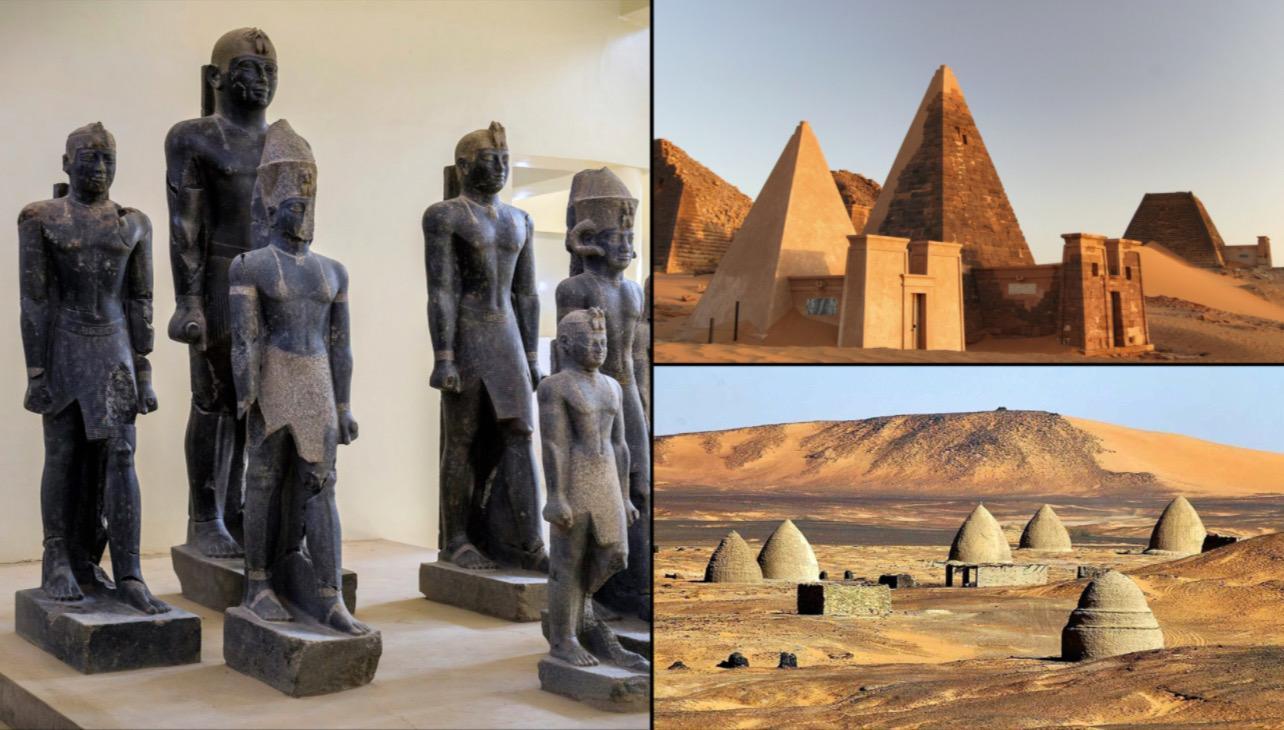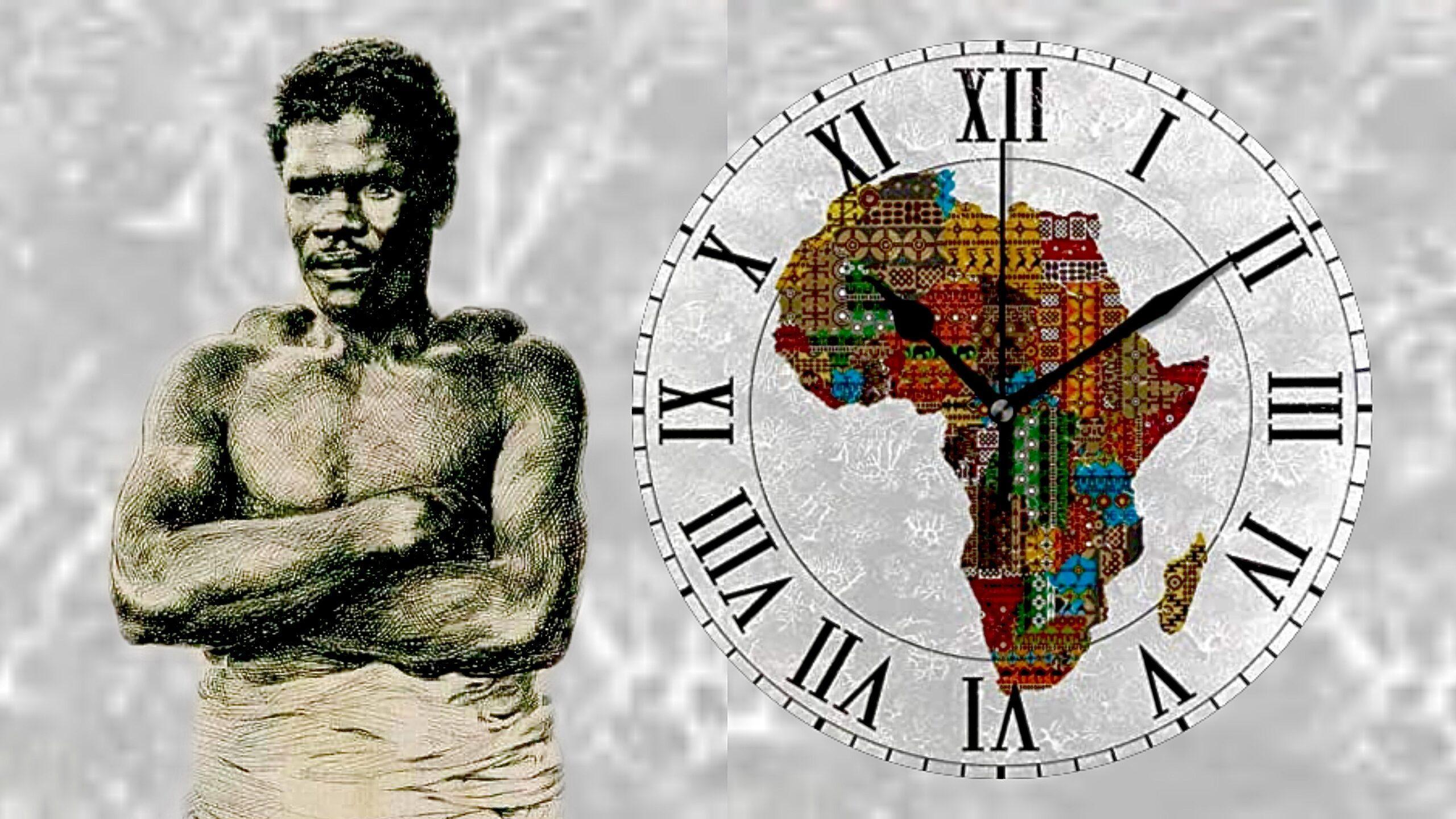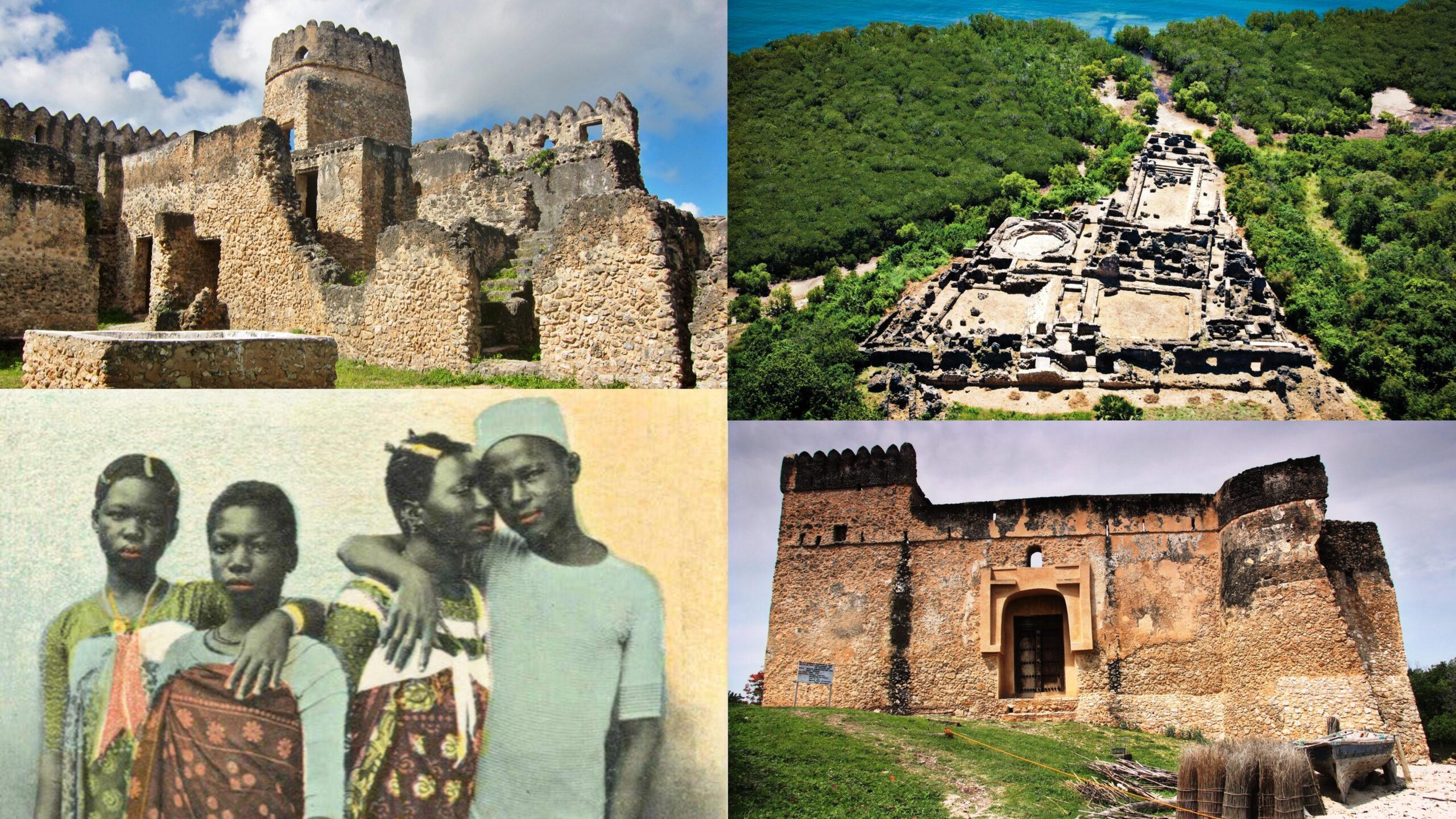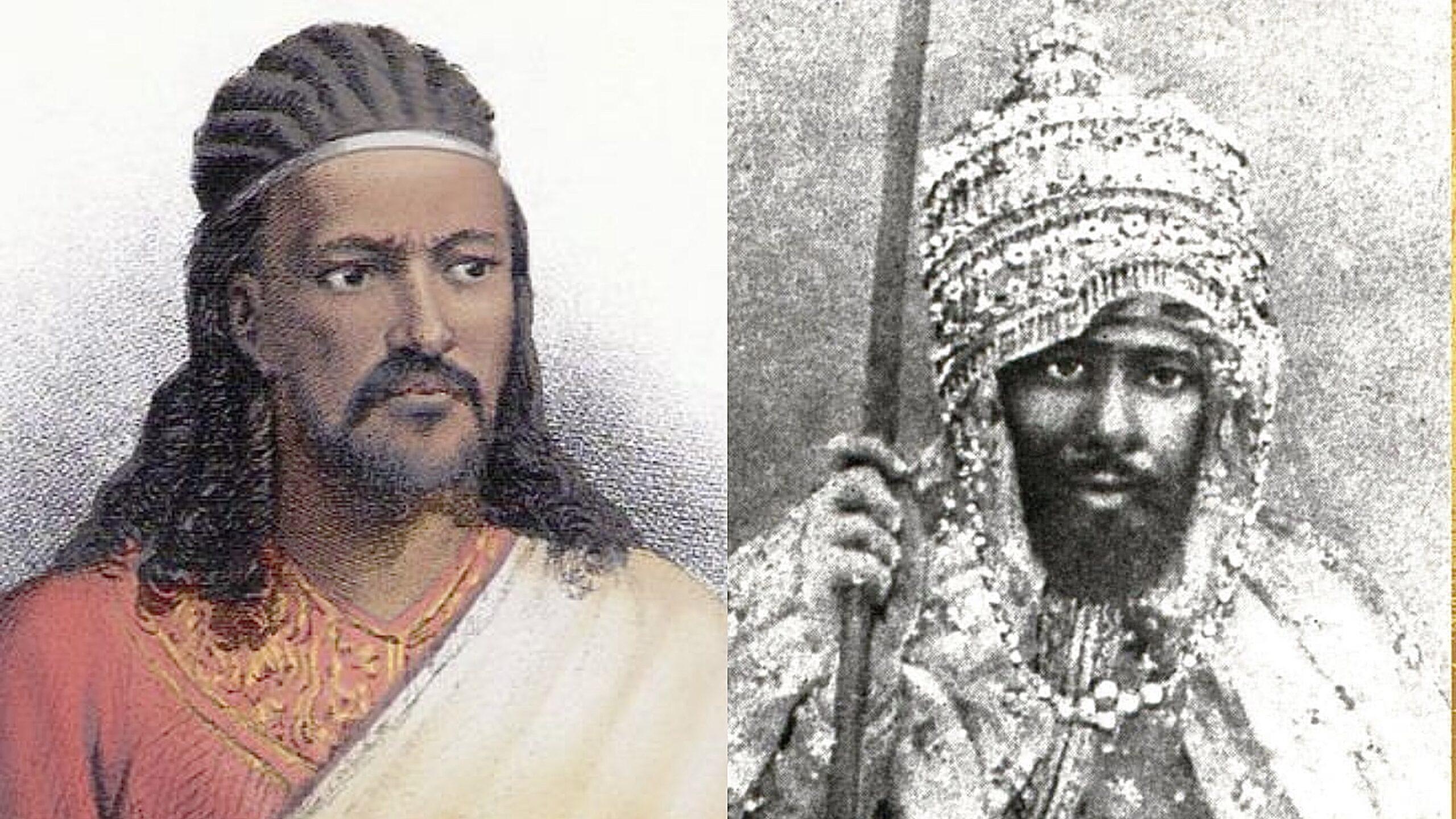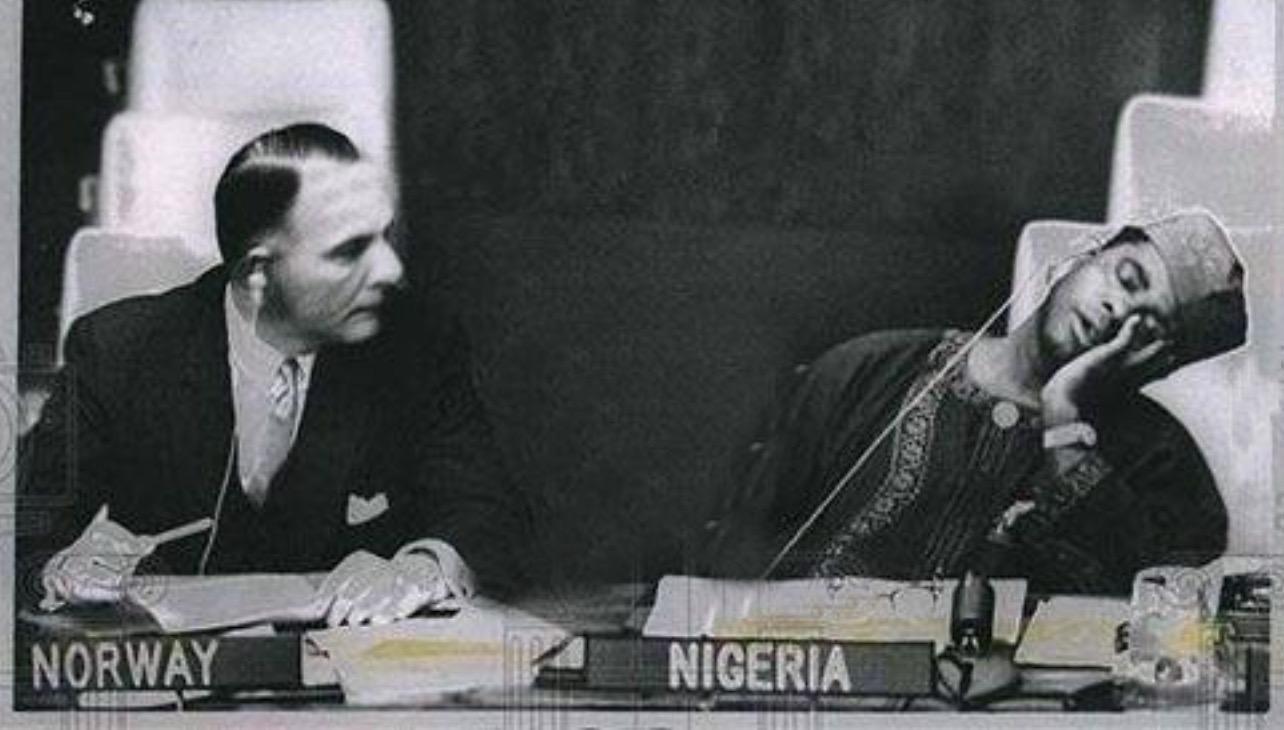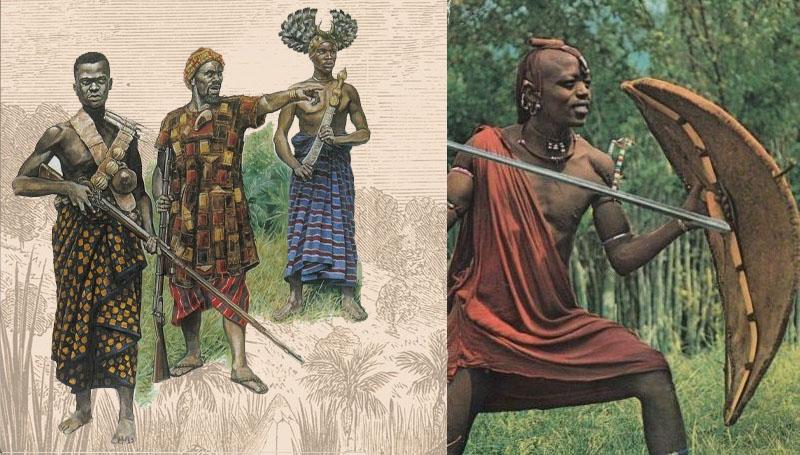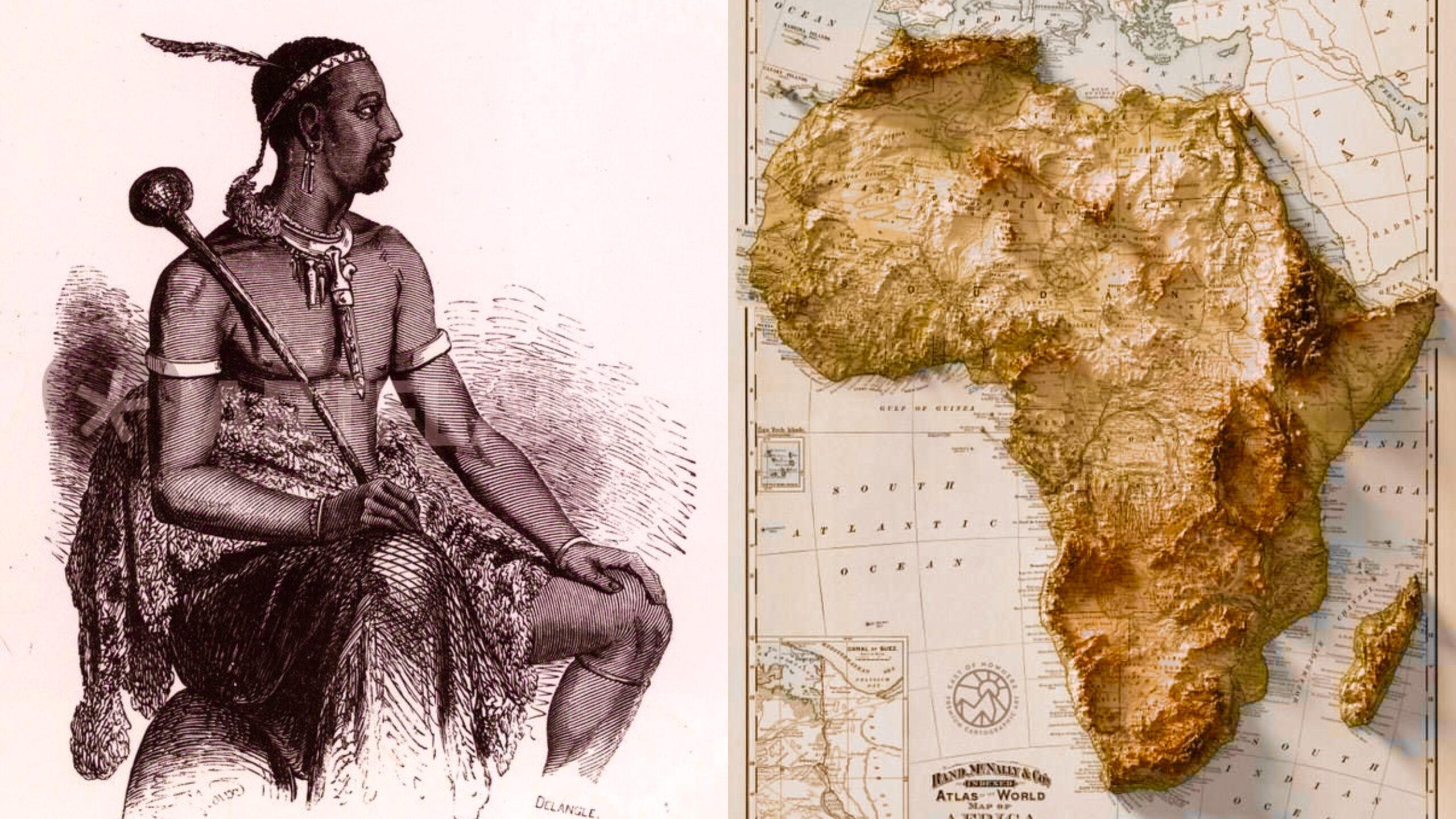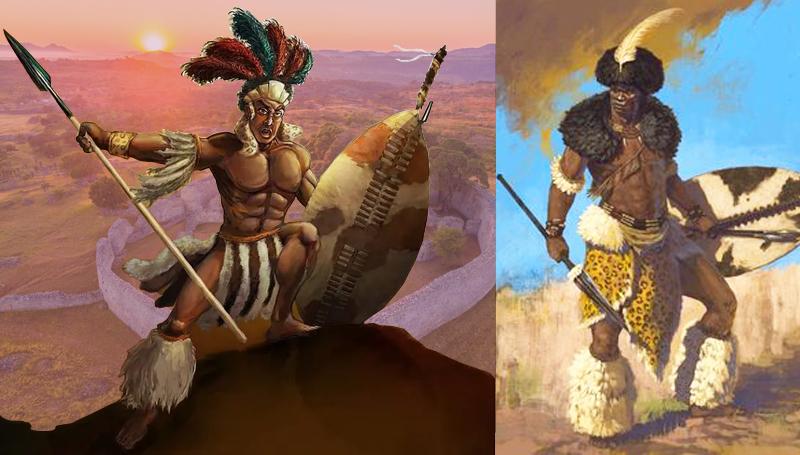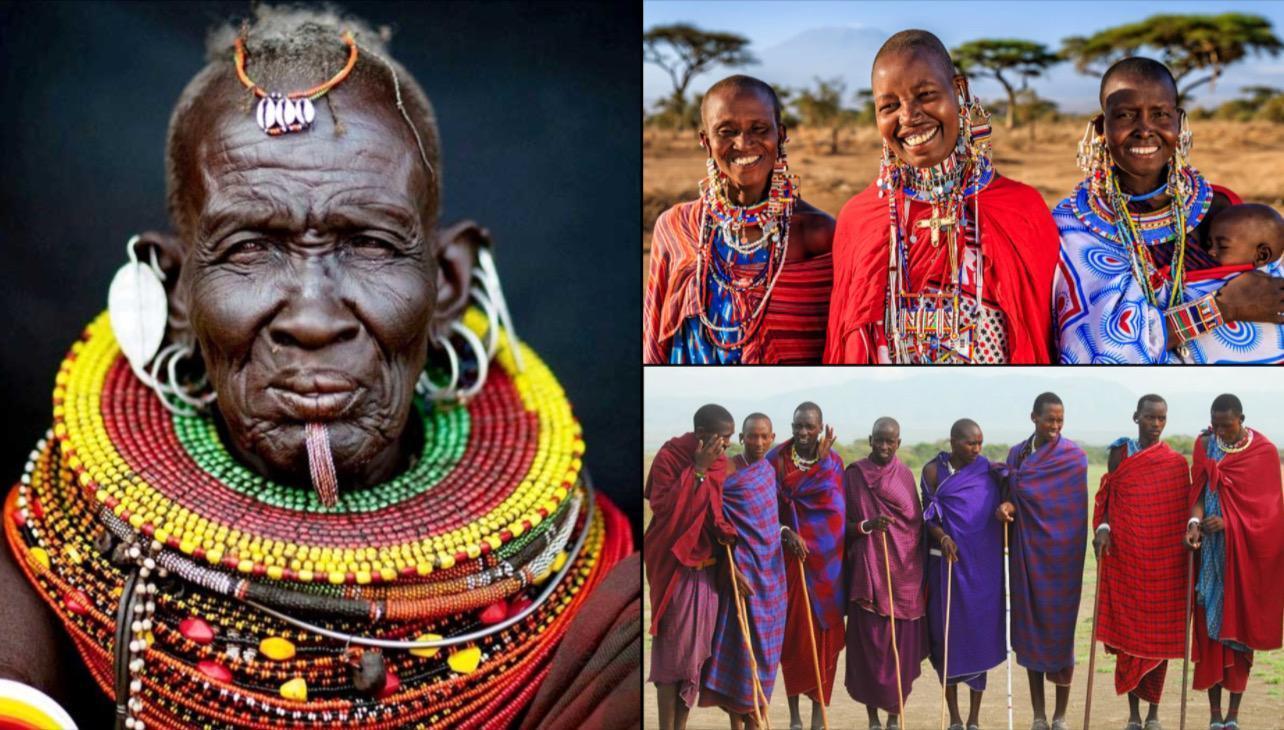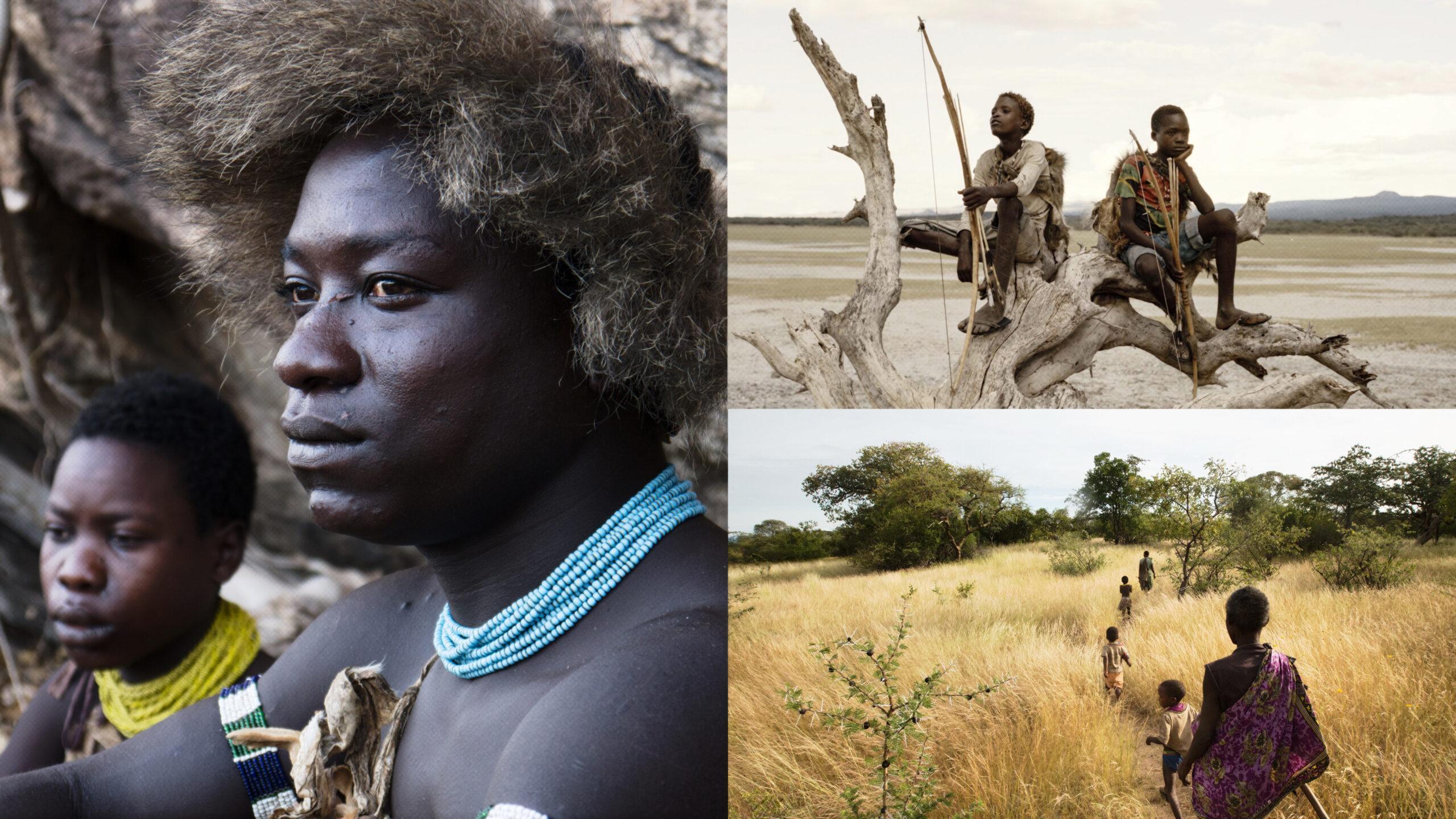Kerma, also known as Karmah, is a historically significant archaeological site. It is the old capital of Kerma, an ancient country located in the Dongola Reach (above the 3rd Cataract of the River Nile in Sudan). All of these legends date back over 5500 years. Kerma is one of the most important archaeological sites in ancient Nubia (ancient region in …
Read More »History
Thomas Fuller: Unbelievable fastest human calculator 1710-1790
Thomas Fuller, an African sold into slavery in 1724 at the age of 14, was sometimes known as the “Virginia Calculator” for his extraordinary ability to solve complex math problems in his head. Rumors circulated that he was a servant. However, he could not read or write, which was not uncommon among slaves at the time. Some believed that he …
Read More »Swahili Coast, East African trade center that controlled Asia & Africa trade 12 – 15th CE
From the 8th century, the Swahili Coast on the East African coast was a location where Africans and Arabs interacted to develop a unique identity known as Swahili Culture. Their language is Swahili, which means “people of the shore.” Mombasa, Mogadishu, and Zanzibar were among the prominent, independent commercial cities that sprung up along the coast. The Swahili Coast city-states …
Read More »Yohannes IV: An extraordinary military leader & Emperor of Ethiopia [1872–1889]
Yohannes IV, a nobleman by birth, a cleric by education, a zealot by faith, moralist by tendency, a monk by practice, a nationalist by policy, and a soldier and emperor by profession His birth name was Kahsai Mrcha. He was born on July 12 1837 at Mai Beha Tembien. His father was Shum Tembien Mircha Woldekidan of Tembien. Mircha’s mother Woyzero …
Read More »1960, Jaja Wachuku, Nigeria’s Ambassador to UN slept during UN meeting for being ignored
Jaja Anucha Wachuku, a Royal Prince of Ngwaland and “descendant of 20 generations of African chiefs in the Igbo nation of Eastern Nigeria,” was a Pan-Africanist, Nigerian leader, lawyer, politician, diplomat, and humanitarian who lived from January 1918 until November 7, 1996. He was the first Nigerian Speaker of the House of Representatives, as well as the country’s first Ambassador …
Read More »Africa for Africans: Tanzania’s Maji Maji resistance war against Germany colonizers
The Maji Maji Rebellion, was an armed rebellion Africans against German colonial rule in East Africa. The war was triggered by a German policy designed to force the indigenous population to grow cotton for export and lasted from 1905 to 1907, during which 250,000–300,000 died. The roots of the Maji Maji resistance war lie in the partitioning of Tanganyika to …
Read More »Legend of Africa: King Moshoeshoe I, wise & brave warrior who founded Lesotho
Moshoeshoe I, the founder and king of the Basotho Kingdom (current-day LESOTHO), was known for his military superiority and diplomatic capabilities. He was a key figure in defending Lesotho against European colonization and helping the country’s independence. Moshoeshoe was the son of a Koena chief, and his original name was Lepoqo. Moshoeshoe earned a reputation as a leader as a …
Read More »Changamire I: Warrior King who founded Rozvi Empire (1684–1866) in Zimbabwe
The Rozvi Empire (1684–1866) was a Shona state established on the Zimbabwean Plateau by Changamire Dombo. The term “Rozvi” comes from the Shona word “kurozva,” which means “to plunder.” It refers to their history as a warrior nation. Origins Following the death of King Matope, Dombo or Changa relocated to the south and established the Rozwi Kingdom. In establishing the …
Read More »The Maasai: One of oldest warrior tribes in Africa
The Maasai are an African indigenous ethnic group of semi-nomadic people who live in Kenya and northern Tanzania. Because of their distinct traditions, customs, and dress, as well as their proximity to East Africa’s many national game parks, the Maasai are among the most prominent African ethnic groups and are well-known internationally due to their ties to the national parks …
Read More »Hadza: Ancient African tribe that relied on hunting for over 10,000 years to date
The Hadza are a Rift Valley indigenous ethnic group who live around Lake Eyasi. They are descended from Tanzania’s aboriginal hunter-gatherers, and they have lived on the same area for thousands of years. The Hadza are one of the world’s last hunting-gathering cultures. The Hadza’s manner of life has remained almost unchanged. The Hadza Tribe of Hazdabe is considered to …
Read More » The African History Truly African
The African History Truly African
